Andrew Sheng, Distinguished Fellow at the Asia Global Institute at the University of Hong Kong
Xiao Geng, Director of Institute of Policy and Practice at Shenzhen Finance Institute, Chinese University of Hong Kong
May 30, 2018
The only way to mitigate the risks that China faces is with a tough, continuous, and comprehensive reform strategy.

Richard C. K. Burdekin, Jonathan B. Lovelace Professor of Economics, Claremont McKenna College
Ran Tao, Associate Professor University of Wisconsin, Whitewater
May 30, 2018
A pending link up between the London and Shanghai stock markets promises to greatly enhance investment opportunities between them. The new Shanghai-London Stock Connect will also make China access more readily available to other European investors.
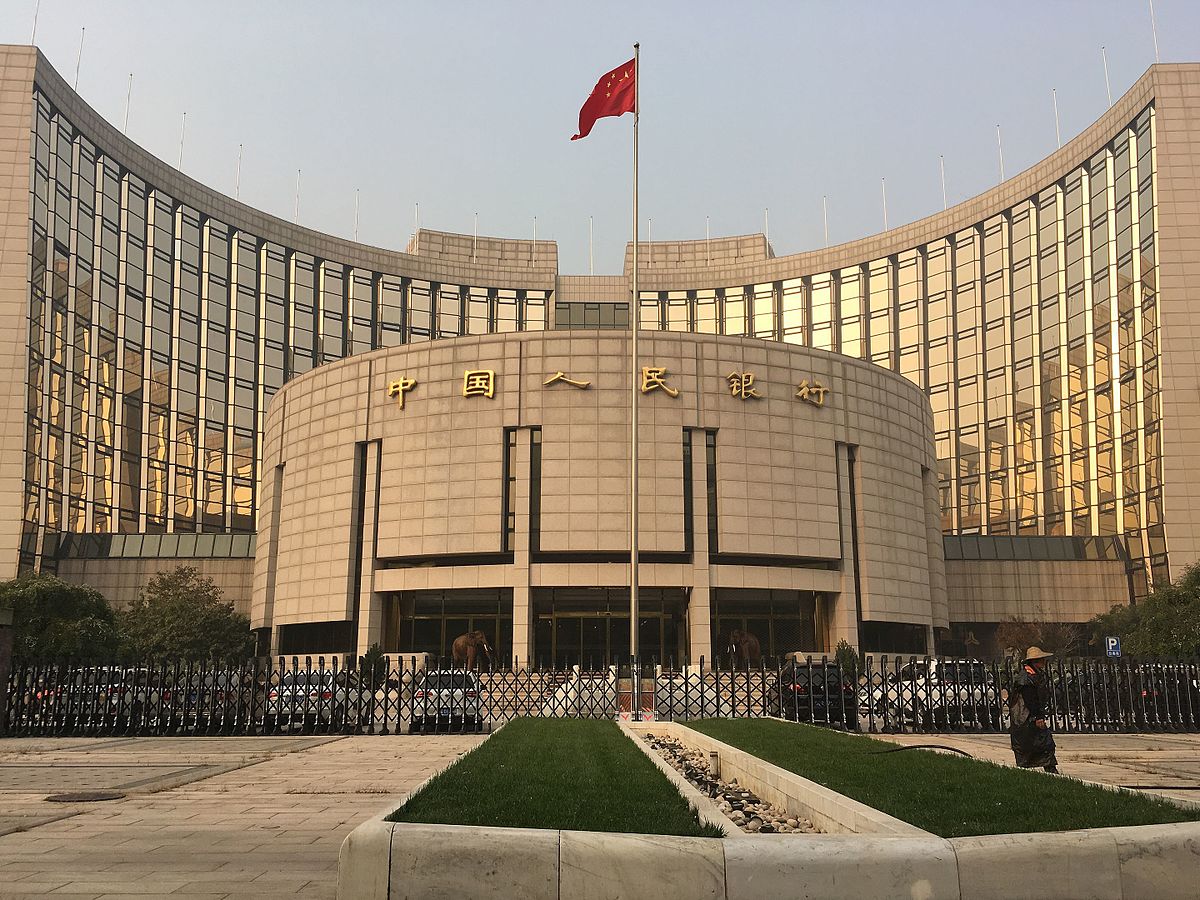
Zhang Jun, Dean, School of Economics, Fudan University
May 29, 2018
China’s response – increasing imports and accelerating domestic structural reforms – will support high-quality long-term growth.

Zhu Songling, Professor, Beijing Union University
May 28, 2018
China’s new Thirty-One Measures for Taiwan can be appreciated by both sides.
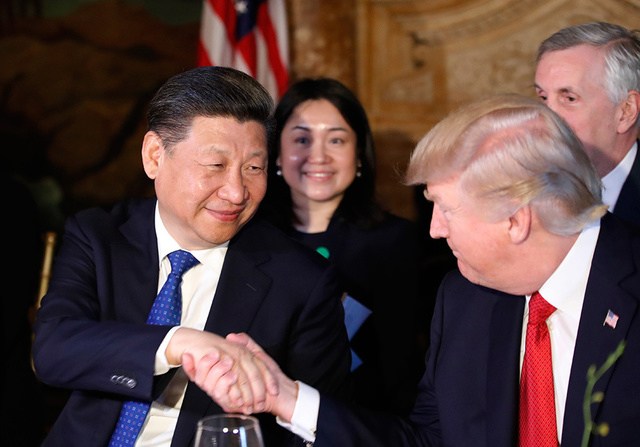
Han Liqun, Researcher, China Institutes of Contemporary International Relations
May 28, 2018
What’s behind this changing relationship?
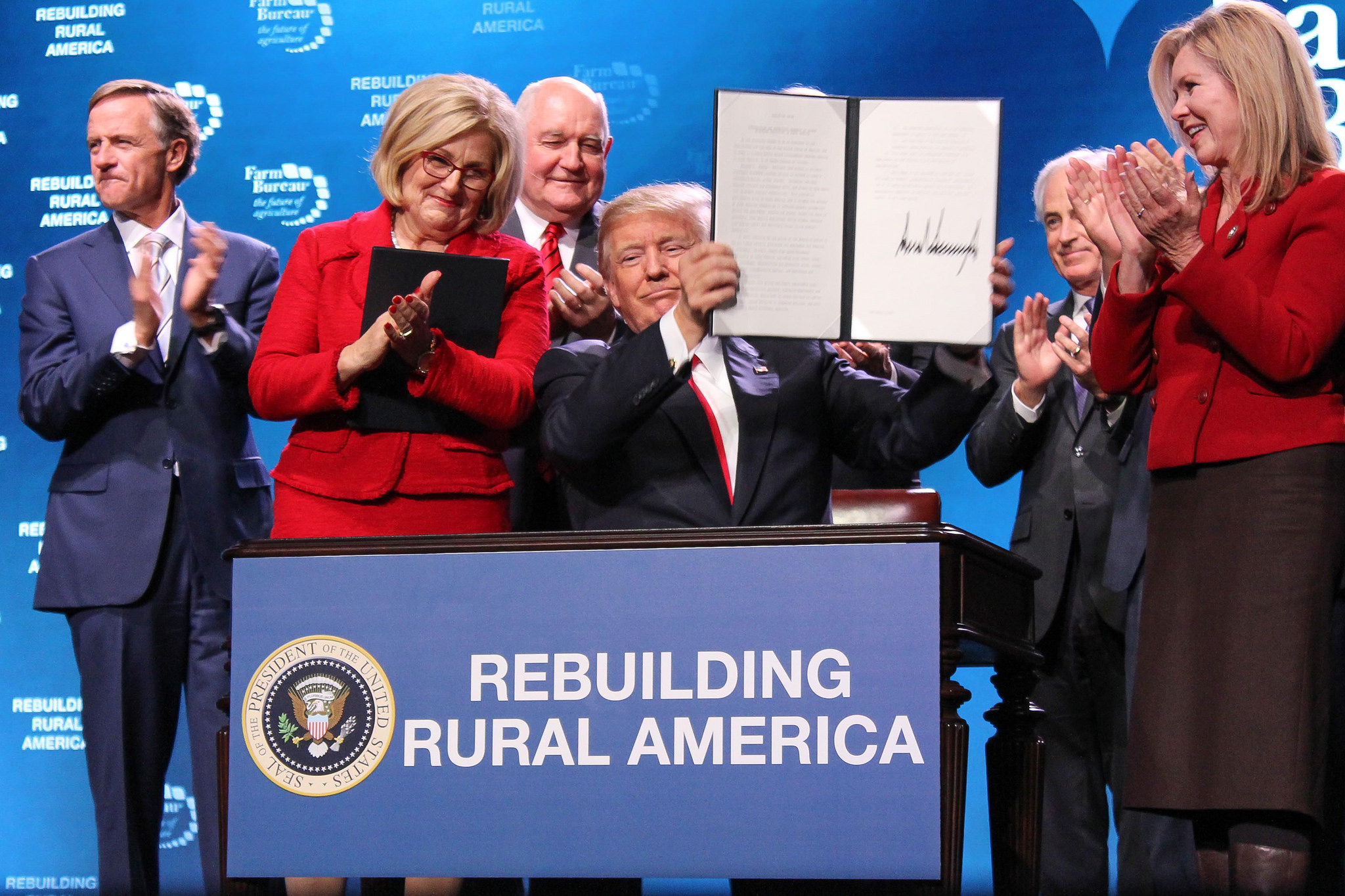
Christopher A. McNally, Professor of Political Economy, Chaminade University
May 25, 2018
In the run up to U.S. Commerce Secretary Wilbur Ross’s planned visit to China next week to discuss “a framework” for a trade deal, how do the latest updates reflect Trump’s strategy and goals?
Stephen Roach, Senior Fellow, Yale University
May 24, 2018
Any effort to impose a bilateral solution on a multilateral problem will backfire, with ominous consequences for American consumers.
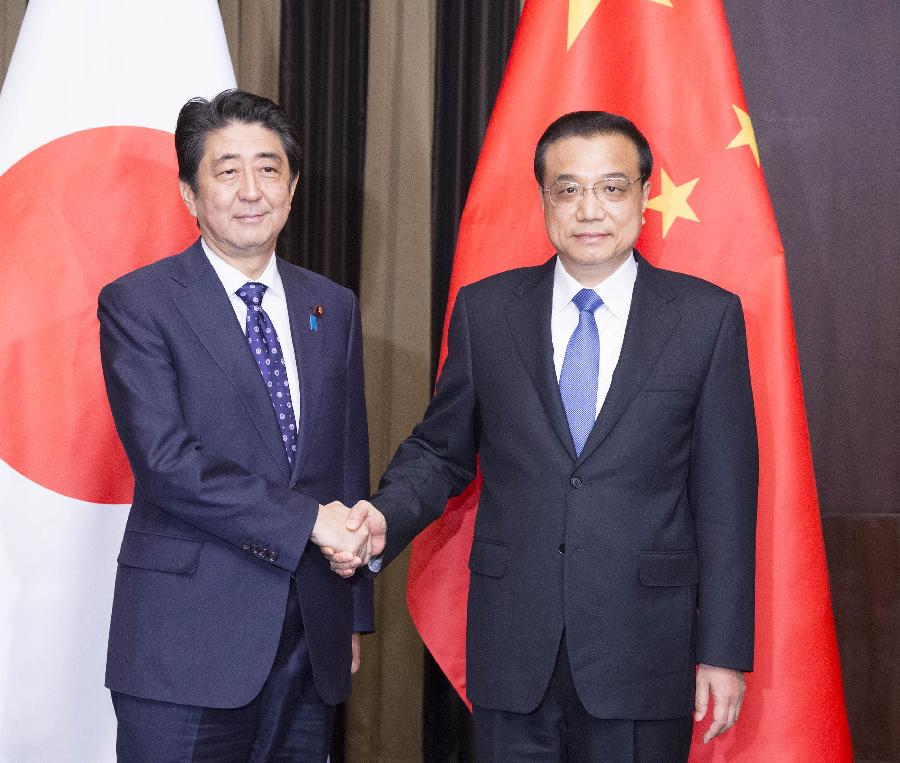
Liu Junhong, Researcher, Chinese Institute of Contemporary Int'l Relations
May 21, 2018
Li Keqiang’s visit to Japan saw a new era of China-Japan relations.
Andrew Sheng, Distinguished Fellow at the Asia Global Institute at the University of Hong Kong
Xiao Geng, Director of Institute of Policy and Practice at Shenzhen Finance Institute, Chinese University of Hong Kong
May 18, 2018
The rise of cryptocurrencies has created a unique opportunity for market forces to spearhead a shift toward a truly neutral reserve asset.
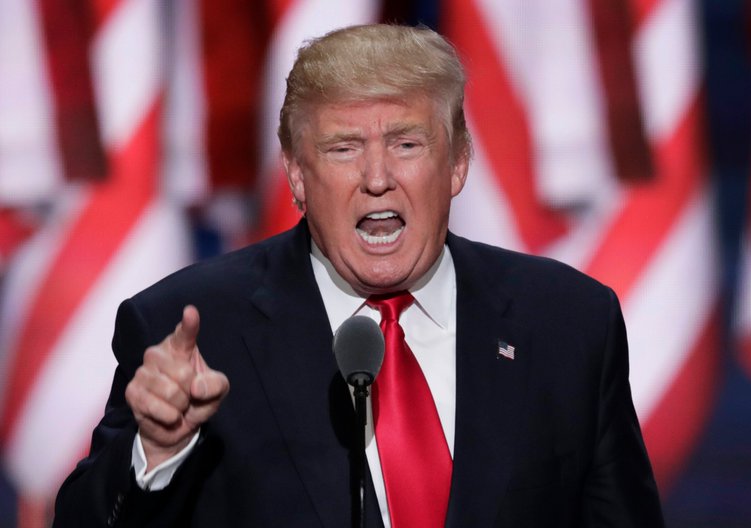
Kishore Mahbubani, Dean of the Lee Kuan Yew School of Public Policy, National University of Singapore
May 18, 2018
Can the US be as pragmatic as China?
Back to Top

- China-US Focus builds trust and understanding between the U.S. and China through open dialogue among thought leaders.
- Our Offerings
- Topics
- Videos
- Podcasts
- Columnists
- Research Reports
- Focus Digest
- Stay Connected
-
Thanks for signing up!
- Get the latest stories from China-US Focus weekly.